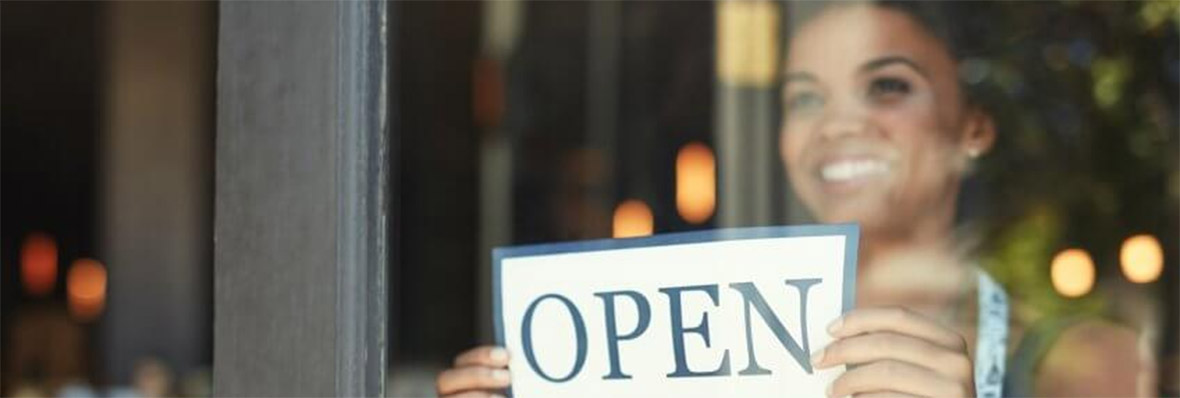Two more Florida theme parks reopened Thursday for the first time since mid-March. SeaWorld Orlando and Busch Gardens Tampa Bay will open the gates, but reservations are being required to limit crowds, face masks are required and temperature screenings will be done at part entrances. Universal Orlando Resort reopened last week.
Disney will reopen its two theme parks in California – Disneyland and California Adventure – on July 17. The Downtown Disney District, which includes restaurants and shops, will reopen on July 9. Walt Disney previously announced that two of its Disney World parks in Florida – Magic Kingdom and Animal Kingdom – will reopen on July 11. The other two parks – Hollywood Studios and Epcot – will reopen on July 15.
Sam’s Club is rolling out curbside pickup across the country. The membership-only warehouse club, owned by Walmart, anticipates all 597 clubs will be participating by the end of the month.
California’s tourism industry is gearing back up just as summer gets underway, though it will not be the same. The state is giving the green light for counties to allow hotels, zoos, aquariums and museums to reopen Friday. Gov. Gavin Newsom also said wineries in the Napa Valley can operate their tasting rooms again.
Hotels are adorning lobbies with hand sanitizing dispensers and will be limiting how many people lounge by pools. And the zoo is putting entertainers on its double-decker buses to hold moving shows while people stand on green circles to keep them six feet apart. Every visitor over the age of two will be required to wear face coverings.
Newsom issued a stay-at-home order on March 19 and most of the state was locked down for months. He gradually started lifting the orders in May, allowing retail stores and restaurants to reopen. He soon added churches and hair salons with restrictions. But the list of businesses cleared to open today (Jun 12) is the most expansive yet, though counties have the ultimate say on which stores and services can open their doors.
Stay-at-home orders are estimated to have cost the state economy some US $72 billion in expected revenue from tourism and more than 600,000 in hospitality jobs, according to Visit California, the state’s tourism marketing organization.
The US $145 billion industry now is navigating unprecedented territory as it balances how to implement safety measures to control a pandemic without ruining the fun.
Meanwhile, cases of COVID-19 in the state has continued to tick upward. California on Thursday reported 139,281 cases and 4,881 deaths. The state has been averaging 2,782 cases daily compared to a daily average of 2,120 cases a week ago.

US Treasury Secretary Steven Mnuchin, says the economy should rebound strongly in the summer and that it would be a mistake to shut the economy down again to contain the coronavirus.
Mnuchin, interviewed Thursday on CNBC, noted a consensus economic forecast for GDP growth of around 17% at an annual rate in the third quarter, which would follow what many economists believe will be a record drop of 40% in the current April-June period.
Tokyo lifted a coronavirus alert after the number of new cases stabilized, and the city will pursue further easing of business restrictions, with game centres, pachinko parlours and karaoke reopening Friday. The alert was issued last week after new cases jumped from 13, to 34.
The city is in stage two of a three-phase plan for businesses, meaning movie theatres and gyms have already begun to open.
Tokyo accounts for about a third of Japan’s 17,300 infections and 920 deaths.
Travel that came to a standstill during the pandemic is starting to ramp up, slowly. The economic damage to the travel industry is massive.
Lufthansa may cut 22,000 full-time jobs globally. That’s more than double the number of jobs that the German airline, which owns owns Swiss, Austrian Airlines and Brussels Airlines, had anticipated earlier. Lufthansa employs about 135,000 people and expects to have about 100 fewer planes in operation after the pandemic.
With its planes flying at a capacity that’s been reduced by 85%, Delta Air Lines is bracing for a 90% plunge in revenue this quarter. That would mean the carrier, which posted revenue of more than $12.5 billion last year during the same period, expects revenue of only about $1.25 billion in the three-month period that ends in June.
Delta has slashed costs to offset the decline in travel. The company said in a regulatory filing that it expects cash outflow of about $40 million per day by the end of this month, down from approximately $100 million at the end of March.
Demand for trips closer to home is on the rise, according to Airbnb. The home-sharing company says that in May, 50% of all bookings were for travel within 200 miles of home. That’s up from 30% the previous month.
Bookings are also up, compared with last year, for the period between May 17 and June 6, with more people wanting to spend time near a beach.
Turkey has restarted international flights for the first time since late March. Flights for London, Amsterdam and Dusseldorf, Germany, took off late Thursday.
Finland will ease COVID-19 travel restrictions and lift internal border controls in passenger traffic with Nordic neighbours Denmark, Iceland and Norway as well the Baltic countries of Estonia, Latvia and Lithuania on Monday. The measures excludes Sweden, where the coronavirus situation is the worst in the Nordic region and the risk of spreading it through cross-border Sweden-Finland travel the highest.

